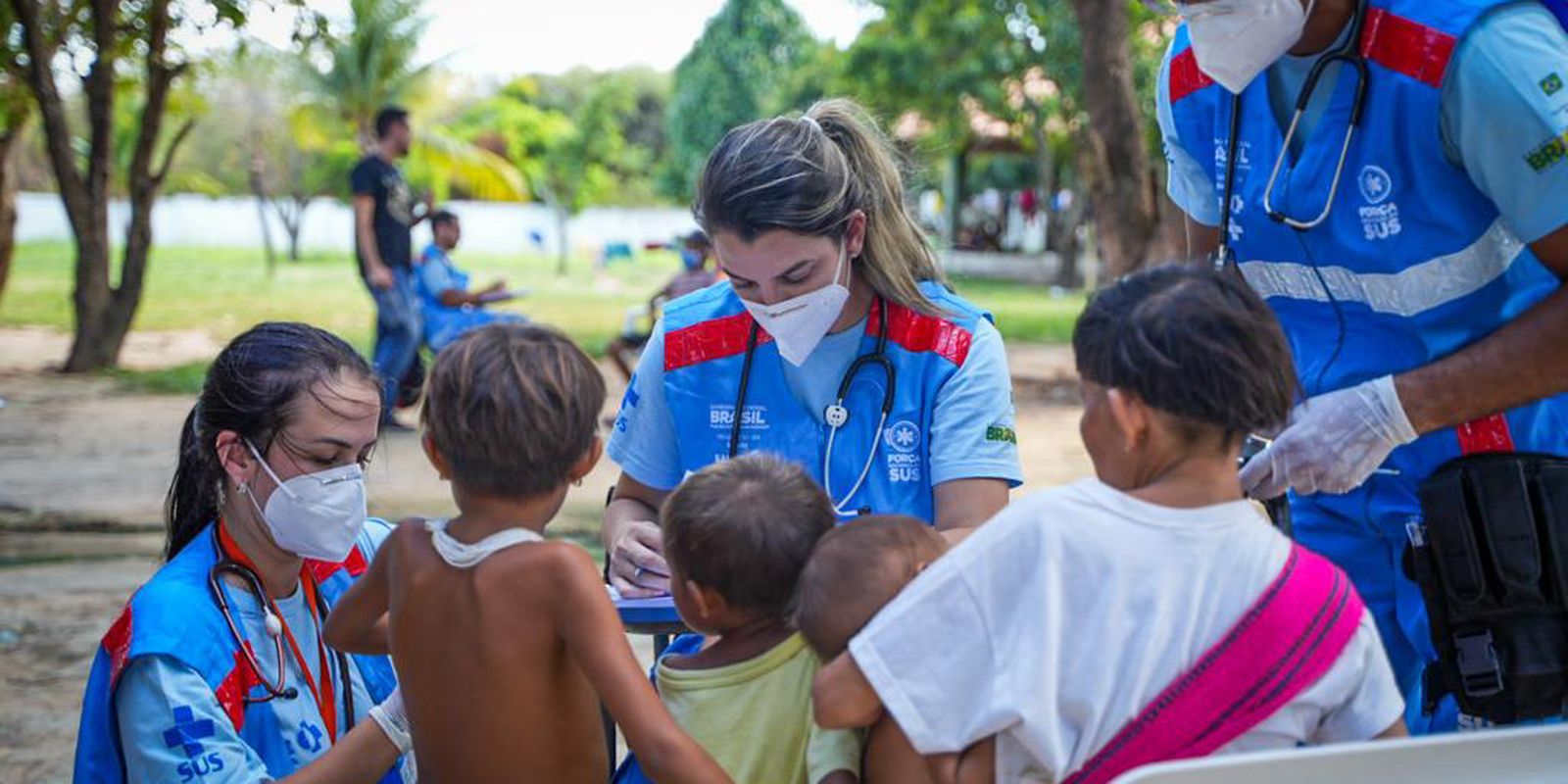The World Health Organization, meeting in Geneva (Switzerland), unanimously approved a resolution introduced by Brazil with the aim of ensuring equitable and full access to health care for indigenous peoples around the world.
Following the decision, taken on Monday (29) during the Seventy-sixth World Health Assembly, WHO must develop a global health plan for indigenous people that prioritizes this issue on the agenda of the international organization, as proposed by Brazil. The strategy should also allow the signatory countries to exchange relevant experiences.
Waip Tabiba, Indigenous Health Secretary at the Department of Health, used his social media to celebrate in support. He declared, “Indigenous people’s victory. An historic moment of progress, a new time for the inclusion of indigenous peoples and their rights around the world.” The minister also asked other countries to promote the document.
Brazil introduced the groundbreaking decision in Geneva on Saturday (27th). The text was endorsed by 13 other countries (Australia, Bolivia, Canada, Colombia, Cuba, Ecuador, the United States, Guatemala, Mexico, New Zealand, Panama, Paraguay and Peru), as well as the European Union.
This is the first time that the World Health Organization has adopted a specific resolution on the health of indigenous peoples. Minister Tabiba also spoke of the need to respect and value the traditional and cultural practices of indigenous peoples. “Indigenous peoples’ access to health care also includes ensuring ways of valuing ancestral knowledge and their indigenous or traditional medicine, which includes forms of care and healing, the use of medicinal plants, roots and herbs, and even the fulfillment of rituals and appreciation of indigenous spirituality.”
Indigenous health
According to the United Nations (UN), more than 476 million indigenous people live in about 90 countries around the world, representing just over six percent of the world’s population.
However, the United Nations reports that 19% of them suffer from extreme poverty. In addition, the life expectancy of Indigenous people is up to 20 years lower than that of non-Indigenous people worldwide.
The Ministry of Health indicates that Brazil has 305 indigenous people spread throughout the national territory, totaling about 1.5 million people.
The Lula government, the Ministry continues, has prioritized the employment of indigenous professionals, such as indigenous health and sanitation staff, to work on disease prevention, direct health measures and protect the environment.
Regarding the challenges that Brazil faces in ensuring universal access to health care in indigenous territories, the Secretary stated that “there are still many gaps in the assistance provided, especially since indigenous peoples from different regions occupy places that are difficult to reach or are isolated. Bringing in requires Healthcare has the logistics, infrastructure, and ways to find professionals who are willing to work permanently in these conditions.”

“Beeraholic. Friend of animals everywhere. Evil web scholar. Zombie maven.”

:quality(85)/cloudfront-us-east-1.images.arcpublishing.com/infobae/PAGKJH7CJBDBHOF4XHKELQPZV4.jpg)





More Stories
Understandably, foreigners are interested in how we sleep in Spain
The municipal school health program begins this Thursday
Physicists have been trying to reconcile relativity and quantum mechanics for a century. And they have good reason